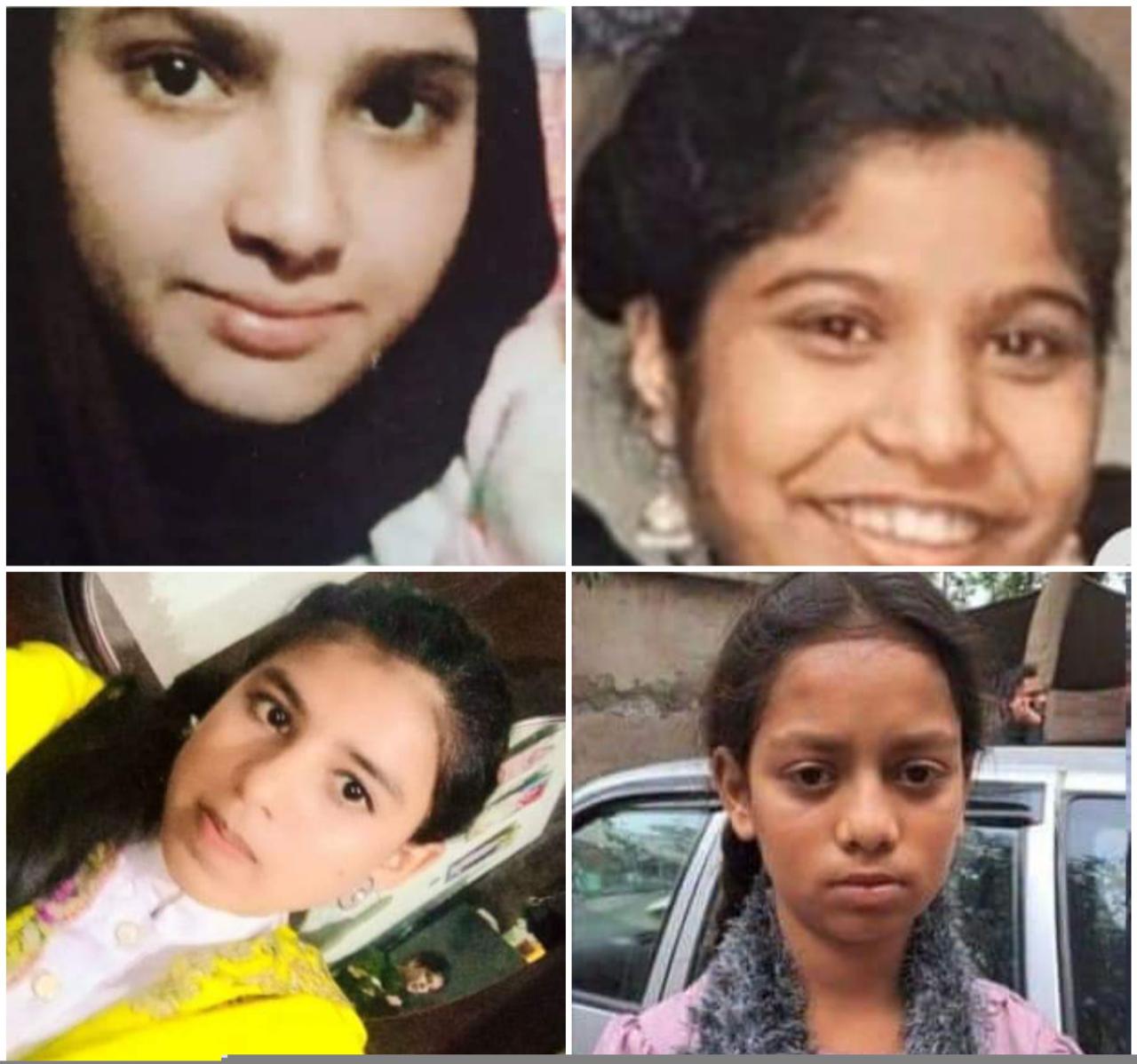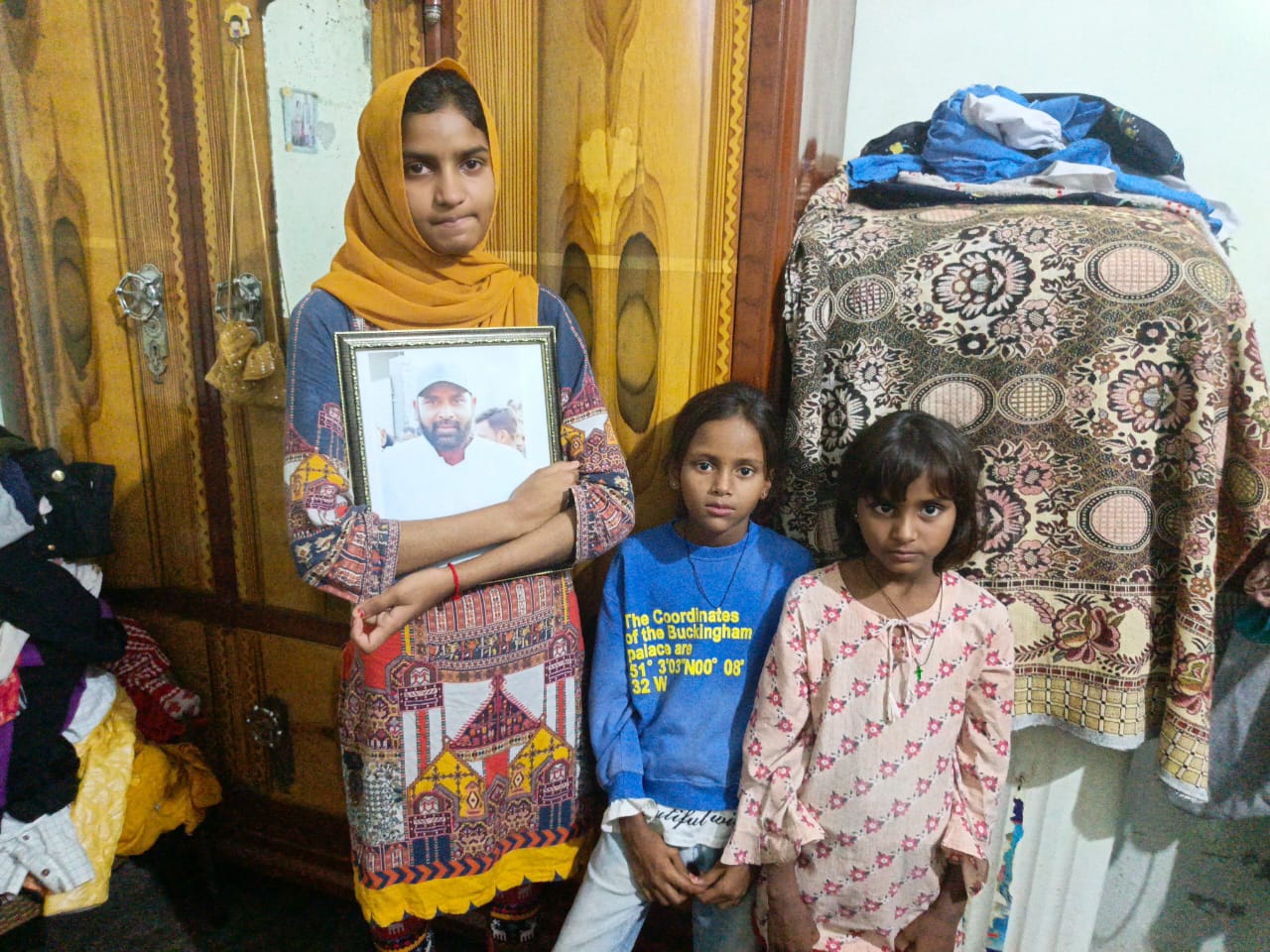On July 2024, In an incident that has sent shockwaves across the nation and beyond, a Hindu woman named Shahrian Mai was reportedly kidnapped by a group of men in Dera Ghazi Khan, a city in the Pakistani province of Punjab. The motive behind this heinous act was her refusal to engage in a friendship and sexual relationship with a man named Zafar Lashairi.


The chilling details of the assault were captured in a disturbing video that has since been shared across various platforms. The footage, which is extremely graphic, shows Zafar Lashairi violently assaulting Shahrian Mai, culminating in a horrific act where he stabs her in the nose, causing severe physical and emotional trauma. The violence doesn’t end there, as following the stabbing, the video takes an even darker turn, depicting the group of assailants, including Lashairi, gang-raping the traumatized victim.
This appalling incident underscores the urgent need for justice and the protection of women’s rights, particularly for those within minority communities. It serves as a call to action for authorities to address the enduring issue of violence against women, and ensures that the perpetrators of such monstrous acts are held accountable for their actions.
The assault on Shahrian Mai has sparked widespread outrage and condemnation, with women’s rights organizations, human rights advocates, and concerned citizens demanding immediate action. The graphic video serves as a grim reminder of the pervasive issues of violence, discrimination and harassment faced by women, and in particular, by those from minority faiths.
The incident calls for more than just punishment for the perpetrators. It calls for systemic change, for stringent laws against violence and harassment, and for a societal shift that respects and protects the rights and dignity of all women. Women from minority groups must be assured that their faith does not make them targets for such heinous acts of violence.
As calls for justice for Shahrian Mai intensify, it is hoped that her horrific ordeal will not be in vain. Instead, it should serve as a catalyst for change, driving legal and societal reform to ensure the safety, dignity, and rights of all women, regardless of their faith. The time for change is now, and our collective voice can and must be the catalyst for that change.
For more updates and detailed coverage of this case and other issues affecting the Hindu and Sindhi communities in Sindh, Pakistan, stay tuned to Sindh Renaissance.






